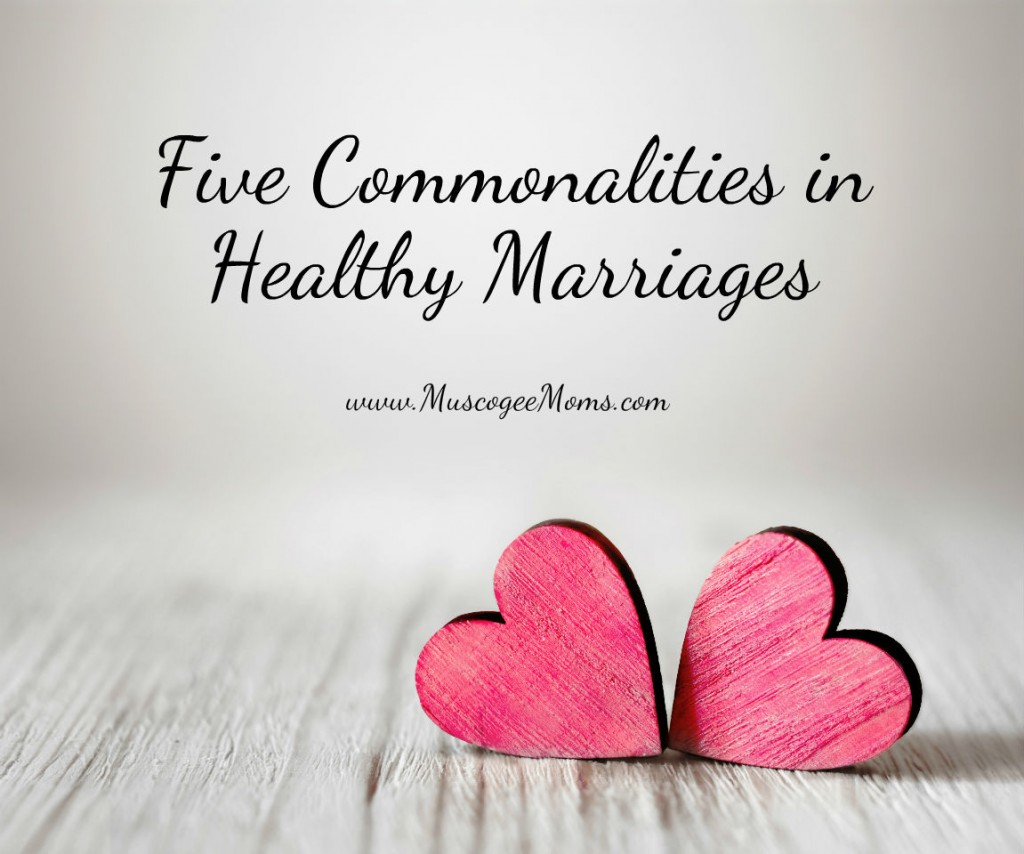Guest Blog by Alexandria Powell, ACES Extension Daily
No two people are exactly the same, just as no two relationships are exactly the same. However, the number one skill all couples must develop to ensure a long-lasting, healthy relationship is communication, according to an expert.
Debra Ward, an Alabama Cooperative Extension System regional agent in human development and family studies, has guided multiple couples to healthy marriages. Ward advises anyone seeking a healthy marriage, including those who are married, single or divorced.
According to Ward, a healthy marriage consists of a couple who believes and acts in mutual respect for each other. Many couples who fall into this description share the following five common practices.
1. Engage in effective communication
Effective communication begins with being open and honest about who you are and what you want.
“Practicing openness means always staying open and honest with one another, and opening your soul to your spouse,” Ward said. “This can be difficult because people typically pick and choose when they want to be vulnerable, but as a couple they have to open it all up.”
In addition to being open, couples also have to learn to receive communication by developing the art of listening to understand.
“Most couples do not listen to each other, they just talk at each other,” Ward said. “In ‘The Seven Habits of Highly Effective People,’ Stephen Convey says we should seek to understand before being understood. We cannot grow together if we do not learn to truly listen, and not just wait for our turn to talk.”
2. Follow guidelines and boundaries
“Healthy relationships set guidelines and boundaries to follow, but also change them as needed,” Ward said.
As a couple, it is important to know each other’s limits. Having set guidelines and boundaries that are understood and agreed upon on both sides help couples remain on the same page.
For example, couples should set guidelines for how to communicate when there is a misunderstanding or how to resolve an issue.
“When conflicts arise, both people involved must have a desire to resolve it,” Ward said. “The conflict cannot be bigger than the person or the relationship, it is just a small obstacle in the course of life.
3. Practice forgiveness
To be able to forgive and move on is not easy, but it is a vital skill for any relationship.
“Your spouse will mess up, slip up, and miss the mark from time to time and you will have to forgive them the way your Heavenly Father forgives you,” Ward said.
Couples should give each other grace and space to grow and improve.
“Do not hold onto hurt and pain or punish your spouse. Marriage is a process that does not happen overnight, becoming one flesh takes time.”
4. Spend quality time together
By setting time aside to enjoy each other’s company, couples will learn more about each other and feel connected.
“During this time, each partner should be present in the moment, paying attention and observing the other. You can never know it all. You should be a lifetime student to your spouse,” Ward said. For desirable quality time, a couple seeking should speak life by saying kind and positive words to fill each other up.
“‘The 5 Love Languages,’ by Gary Chapman will help couples determine each other’s love language to give them love the way they best receive it,” Ward said.
5. Make love a choice
This does not mean the feeling is gone forever, just that we are humans and we have bad days. To ensure those bad days do not become a pattern, a couple has to choose to continue practicing the skills of a healthy marriage.
For a person who is single, these skills can be learned and developed now in all relationships.
“For singles learn who you are first, and make sure you know what you want. If you do not know your purpose, it could be difficult to join together with someone else. Prepare yourself for opportunities, because eventually love will come around,” Ward said.
When a person is determined to commit to the above practices in any relationship, they will reap the rewards.
“There’s no handbook or college course on starting and maintaining a healthy relationship in life,” Ward said. “As human beings we were created to have relationships. Our ability to live and enjoy life depends on the relationships we share with other people.”
Extension Daily is the official blog of the Alabama Cooperative Extension System (ACES). Reprinted with permission.



